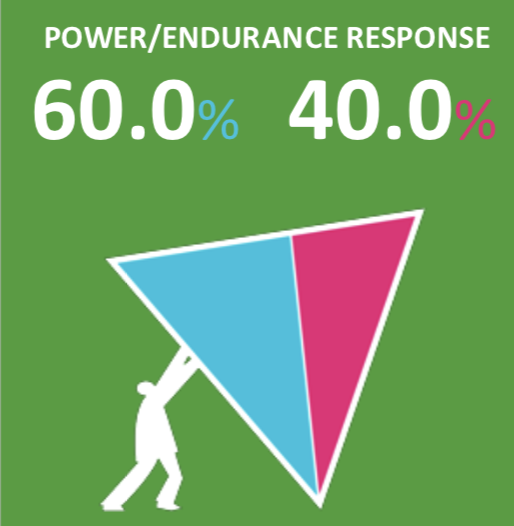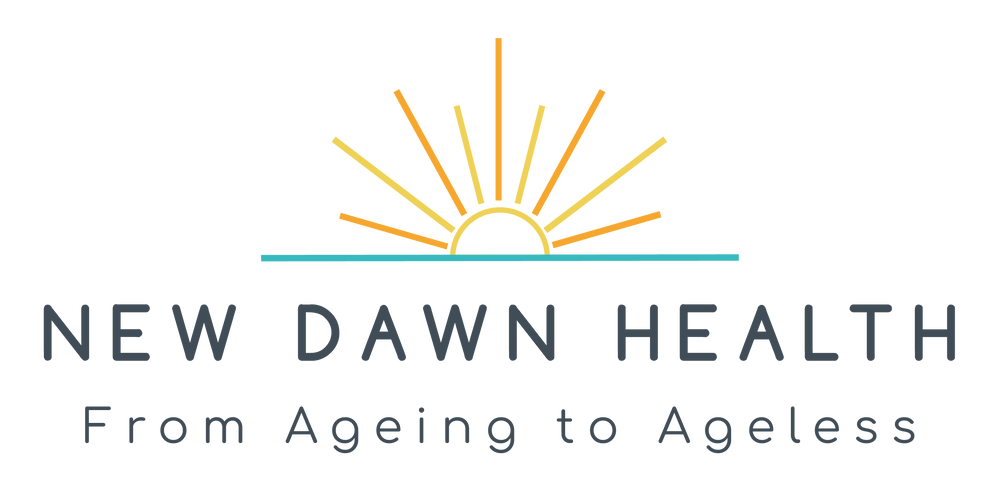Studying nutrigenomics, having my genes tested and having some blood tests done has given me two tangible benefits. Firstly, I make food and exercise choices based on my genetic predispositions and nutrient levels. And secondly, I relax about this being different to other people’s food and exercise choices. One-size-does-not-fit-all.

Vitamin D
You may know that I lived in the Middle East for three years. During that time, I studied Nutritional Therapy. As part of that learning, I took a vitamin D test and was shocked to discover that my vitamin D level was only 19 nmol/L. A good level is 50-60 nmol/L. How could that be when I was exposed to so much sunshine? Well, I only found out when I returned to the UK and later took a DNA test. I have the genetic variation (SNP) that reduces the production of an enzyme in the liver & kidneys that normally convert inactive vitamin D in the skin into the active form of vitamin D needed to make steroid hormones. I had a vitamin D deficiency because of my SNP. I now take a vitamin D supplement and measure my vitamin D levels each year to make sure they are in the healthy range. Now I feel more reassured that I’ve reduced my risk of developing osteoporosis; helped my immune system fight infections; reduced my chances of being depressed and having high blood pressure and I hope, my rate of cell ageing.
Caffeine
In the past, I had a condition called atrial fibrillation (AF). This is a condition when your heartbeat goes very fast and irregular (in my case due to chronic stress, no downtime and years of lack of sleep). Occasionally, I can still feel my heartbeat becoming irregular. Post-treatment, I now manage it with lifestyle choices. I work hard to get eight hours of sleep a night; I don’t do high-intensity exercise every day and I meditate when I feel I need to (I should do it daily!). But I have also stopped drinking caffeine. I have learnt through genetic testing that I am a “slow metabolizer” of caffeine. I have a variation of the CYP1A2 gene that controls how quickly I break down caffeine. This means that, for me, too much caffeine can increase my risk of a raised heart rate, high blood pressure and heart attacks. So now I avoid it or only have one cup, very occasionally. It also means that I don’t benefit from the physical/athletic performance-enhancing effect of caffeine. By contrast, other people may have the “fast metaboliser” SNP. For them, this means they break down caffeine more rapidly while preserving the healthy antioxidants in the coffee, which in turn may give them heart protection and give them athletic enhancing benefits too.
Salt
I reduce my intake of salt to less than one teaspoon per day because I have the ACE gene variation that predisposes me to high blood pressure if I eat too much salt. I measure my blood pressure at home and it’s mostly around 110/70. I eat a high plant-based diet, exercise regularly and try to manage my stress with meditation and yoga.
Wheat
On the whole, I avoid wheat and other gluten-containing foods because I have an SNP which increases my risk of developing coeliac disease. I have the HLA DQ2/8 genes, which increases my risk to 1 in 35, while the average is 1 in 100. Avoiding gluten is my choice, I don’t have to. But I know that anybody with this genetic predisposition can develop coeliac disease at any point in their life, so I just feel better knowing that I have lowered my risk. Let me be clear, this genetic test is not a test for coeliac. Only your doctor can diagnose coeliac disease with a blood test and a small bowel biopsy. Genes aside, if you want to know more about the effects of gluten on your health, your could Google Dr Alessio Fasano who is a paediatric gastroenterologist and medical researcher.
Exercise
I’ve always been the “muscly-type”, one of those people who naturally put on muscle easily, probably a mesomorph. I always thought it was because of my competitive swimming during secondary school. But perhaps this intense exercise wasn’t the whole story. I’ve now learnt that I have a high power to endurance profile. I’m 60% power versus 40% endurance. This may explain why I always swam the 100m freestyle and competed in short-course triathlons, not the 800m freestyle or endurance ironman! I get better fitness results from weight training and high-intensity interval training compared to long endurance training. That isn’t to say the endurance training isn’t for me, just that I should keep endurance activities to about 40% of my training time if I want to optimise my fitness.

Coupled with this, I have a fast recovery rate, meaning that I can do similar training on consecutive days without being too fatigued or getting DOMS. For other people who have a slower recovery rate, they would need to take more care to cross-train different muscle groups, to optimise their training and recovery time. I have genes that predispose me to a high risk of ligament injury. Knowing this, I am mindful to make sure that I do my yoga and get massages if my joints ache. Cold water immersion is another anti-injury prevention technique you can use.
Using myself as an example in this post, you can see that I have learned some really useful things about my own genetic makeup since. Of course, I have always been into healthy living, so I was already doing many of the right things – I don’t smoke or drink, I eat a very healthy diet and I regularly exercise. But beyond these fairly well-established, common-sense ideals, I have learned to tailor how I eat and train to maximise my benefits. I’m over 50 now, so anything I can do to help my metabolism stay on top form and resist the natural propensity to gain weight, lose muscle mass, and bone mass and injure myself, is a big help.
In the next blog, we will look at how understanding your genetic variations can help you achieve your ideal weight.
